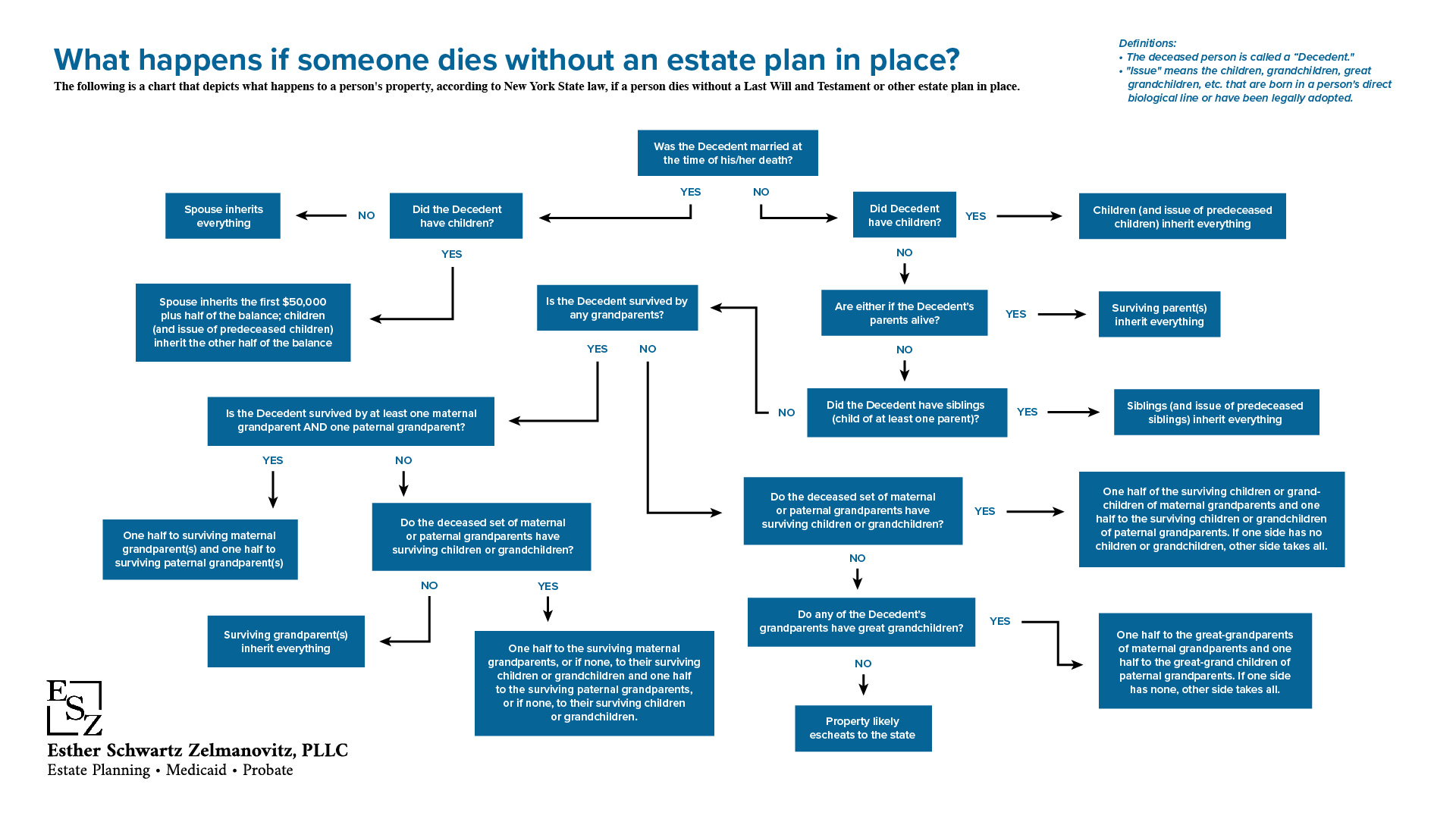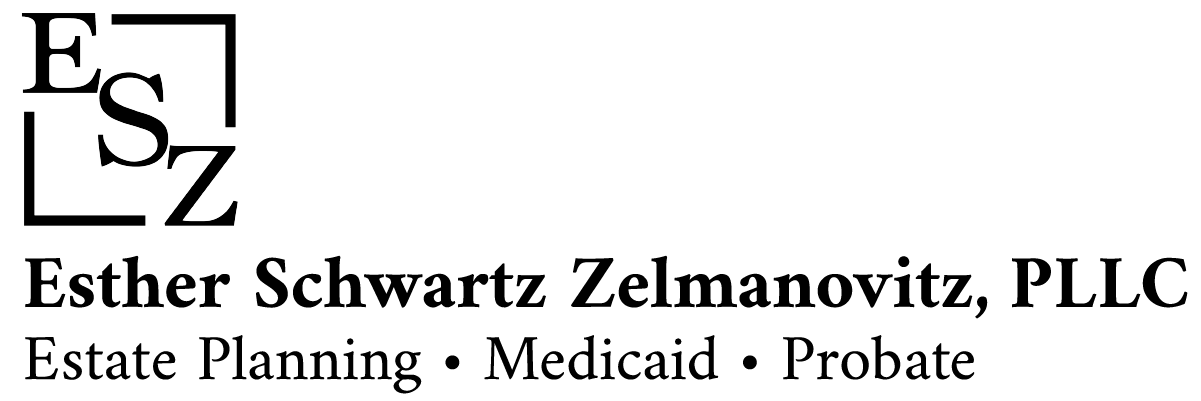Table of Contents
Long Island Elder Law Attorneys
Lawyers who concentrate on legal issues that affect the elderly practice elder law. The primary purpose of elder law planning is to ensure seniors have financial freedom and autonomy through financial planning and the consideration of long term care options. Elder law attorneys are advocates for the elderly and their loved ones.
Like many things in life, Elder Law was born of a specific need and has now become a specific legal area as the average life span and number of senior citizens continues to grow. In fact, there were almost 48 million people over the age of 65 in the U.S. in 2015. Those numbers are estimated to grow to 98 million by 2060.
Aging tends to bring a number of issues to many, and while friends and family can be helpful, having an attorney in your corner who deals specifically in Elder Law and is cognizant of the many challenges faced by seniors, should be considered a wise investment.
Your New York Elder Law attorney can assist you with issues such as long-term care planning, retirement, Medicaid, and health care, as well as other equally important matters. An elder law attorney, by virtue of training, skills, knowledge, and experience, is simply better equipped to handle the financial and emotional needs of the elderly.
At Esther Schwartz Zelmanovitz, PLLC, you will receive insightful, experienced, dedicated counsel on elder law issues, with individualized attention given to each and every client. We craft your solutions carefully, based on your unique situation, using concrete legal strategies to not only help you solve real-life situations but also to give you peace of mind. Esther Schwartz Zelmanovitz, PLLC will ensure your custom legal plan comprehensively addresses your individual situation.
What Does Elder Law Cover?
Generally speaking, elder law covers four concerns which affect the elderly and disabled:
- How senior health issues can affect personal affairs;
- Estate planning and estate administration;
- Long term care issues, including how nursing home care, assisted living, or home health aides will be paid for, should the need arise, and
- Special needs planning.
More specifically, the following are some areas an experienced elder law attorney can help you with:
- Estate planning, including preparation of wills and trusts;
- Probate issues;
- Making decisions on behalf of an elderly loved one;
- The creation of a Durable Power of Attorney as they relate to a senior citizen or disabled individual;
- Social Security, Medicaid, Medicare, and other government benefits;
- Long term care planning issues;
- Medicaid applications for home care and nursing home care;
- Health care;
- Housing opportunities for the elderly;
- Inheritance, administration and general management of a decedent’s estate;
- Taxes which can affect senior citizens, including estate taxes, real estate taxes and gift taxes;
- Disability benefits;
What is Elder Law?
Elder law is the advice and education delivered to a paying client about legal devices and techniques that apply to elderly people, their families, and their caregivers. It is a more specialized area of estate planning and involves advice around wills and trusts, powers of attorney, qualification for state Medicaid services, and preservation of assets in the event that Medicaid is needed. Additionally, elder law attorneys frequently advise clients about Social Security income, Social Security Disability resources, and planning for in-home caregivers or admission to nursing home facilities.
A good elder law attorney will have experience advising clients in these above areas and will be familiar with local and state law which can be very specific and different from the laws of other states. For example, New York State Medicaid rules are quite different from Medicaid in Florida. If you or your family may be employing in-home caregivers, then some familiarity with employment law will also be required. Additionally, there are techniques in gifting and transferring assets to family members or to irrevocable trusts that can help protect family assets for the next generation.
Recommended reading: NYS Income and Resource Limits for Medicaid (2024)
When Do I Need an Elder Law Attorney?
It can become too late at some point. As a person or a couple ages, they may begin to feel that the time is right to discuss these sensitive questions with an experienced attorney. It is very important to engage in this type of planning before serious incapacity. Incapacity can be due to natural causes and old age or can be escalated in its effects due to health and disease. If you have a close family member who you think might need this type of planning, it can be helpful to start the dialogue and share your support and concern with them. Encourage them to speak with an elder law attorney to get the right facts.
Do I Need an Elder Law Attorney?
It can be very difficult to engage in the proper planning yourself. Take the analogy of car repairs: You can read and watch videos and try an important car repair on your own. But you’ll find out immediately whether your automotive work was effective. The brakes might not work, the radiator may leak, or the oil could drain itself on the highway. These problems will be evident right away and you might be lucky enough to not permanently damage the vehicle. The problem with do-it-yourself legal work, especially in the areas of estate planning and elder law, is that you won’t know whether or not it “worked” until it’s too late. If there’s a fatal flaw in a Will or a Trust, that problem most likely won’t be discovered and can’t be fixed after the person is incapacitated or deceased. If a gift or transfer was made in the wrong way, it can disqualify the transferor from future governmental benefits. It is worth the cost and effort to discuss these important matters with a licensed attorney.
A diagnosis of a disease or condition that will likely require assistance in your final years can be devastating to a family. You’ll want to begin treatment as soon as possible, but you may also want to quickly seek legal advice to prepare for the uncertainty of how to care for and support you or your loved one as the condition progresses. If there’s a strong family history of a certain condition that increases the likelihood that advanced care will be needed at the end of life, then start the process now to plan and become educated on the options available to protect your estate assets from the cost of long-term care.
Advice regarding the pitfalls of employing in-home-help, navigating the voluminous pages of a residential care facility contract, and exploring the resources available to an elderly client from different state and federal government agencies are just a few of the areas where an elder law attorney can help you or your family understand this phase of life. You will want reputable help with these complicated topics, and your family will appreciate having an advocate who can comfortably communicate the perks and pitfalls of the options available to you.
How Do I Choose the Best Elder Law Attorney for My Situation?
You’ll want to find an attorney that is knowledgeable, experienced, and with a good “bedside manner.” It’s important that the attorney have the training necessary to know about all the options available. The attorney should be continually learning their trade and participating with their peers to establish best practices for their practice area and region.
Fortunately, there are some ways that can also help you identify a reputable attorney. For general legal reputation, an attorney’s rating can indicate positive results from past clients, you can find these on Avvo, Google, and other sources online. Additionally, the state bar maintains any incident of professional discipline and this will let you know of any serious problems that the attorney has been involved in.
The Cost of Assisted Living or Nursing Home Care
No one ever wants to think about the possibility of having to live in a nursing home or an assisted living facility, yet more than half (52 percent) of those turning 65 will need some level of long-term care services during their lifetime. High net worth people will likely self-fund the costs of long-term care, while those without significant financial assets will rely on Medicaid to provide long-term care. In between these two groups are those with some financial assets, but likely not enough to fund long-term care outlay at the end of their lives. This group could find their available long-term care choices limited—and rather unappealing. Traditional, long-term care insurance could be purchased, although premium hikes are likely as we age.
This is likely due to better health care among the more affluent, as well as better nutrition. According to the New York Department of Health, the annual estimated average nursing home rate in 2023 was $169,632 on Long Island, and $169,704 in New York City. Home health care in the state of New York is also expensive, with the average cost in 2011 at $20 per hour; today the costs are even greater.
The Many Ways Planning Can Make a Difference in Your Future
It is important to note that these numbers are not nearly as frightening when you have made solid plans for your golden years! There are a number of ways that allow you to protect your assets in the best way possible. There are also additional ways to pay for nursing home, assisted living, and home care.
When you have an experienced New York elder law attorney by your side, he or she can help you determine the extent that government programs, such as Medicaid may be able to defray the costs associated with your future care. You may also be able to place your assets where they are protected and can help you set up alternative plans to pay for your future care.
Should your health deteriorate to the point that you are incapable of managing your own affairs—financial, legal, or business—you will also take comfort in having a plan in place which allocates that responsibility to a person of your choice—someone you trust. An Elder Law attorney can help you prepare a Power of Attorney that will authorize a person of your choice to assist you with legal and financial matters when you have difficulty managing your own affairs.
A Power of Attorney prepared by an Elder Law attorney will include additional specific provisions that will enable the person of your choice to proceed with planning that will preserve your assets while accessing benefits to cover your long-term care needs. Finally, your Elder Law attorney can assist you with the entire estate planning process, and assist you with a will, a trust, or a health care directive, a Power of Attorney, and additional documents that may be needed in your plan.
What happens if someone dies without an estate plan in place?

CLICK TO DOWNLOAD THE FULL CHART.
How We Can Help You with All Your Elder Care Needs
For many, the time to begin planning for your future is now—it is impossible to know where our lives will take us, and what we will need in our senior years, but comprehensive elder planning can take into consideration a number of possible scenarios. Esther Schwartz Zelmanovitz, PLLC, is one of the top-rated law firms in the state of New York, serving Long Island residents, as well as all five boroughs of New York City.
Home visits and evening appointments are available when you choose Esther Schwartz Zelmanovitz, PLLC; when you make that first call, an intake team will obtain some preliminary information about your particular issue, then will set up a consultation. When you meet with Esther Schwartz Zelmanovitz, more information will be gathered, relevant documents reviewed, and a recommendation will be given, taking into consideration your specific objectives. Contact Esther Schwartz Zelmanovitz, PLLC, today for an evaluation of your future needs.
